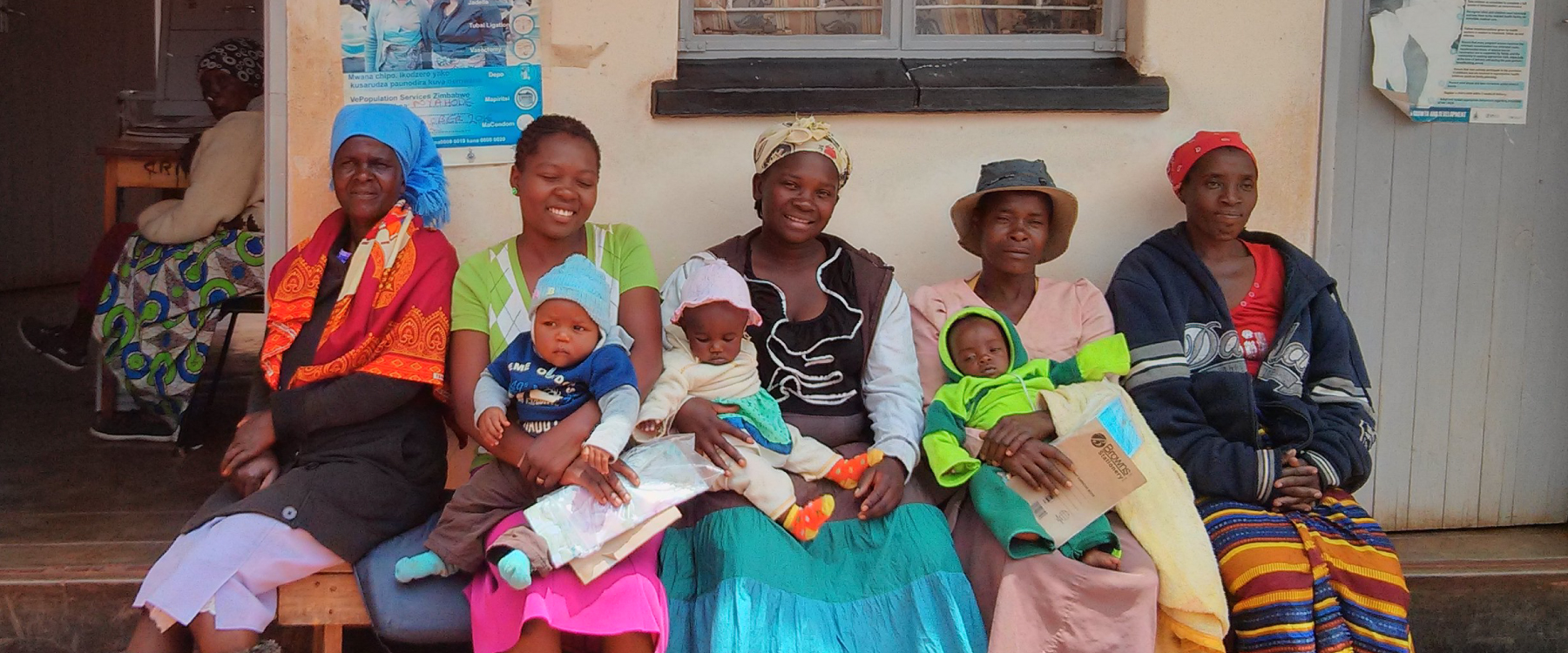
Minding the gaps: health financing, universal health coverage and gender
Sophie Witter, Veloshnee Govender, TK Sundari Ravindran, Robert Yates
Health Policy and Planning, czx063, https://doi.org/10.1093/heapol/czx063
This paper reflects on why we need to focus on gender in moving towards Universal Health Coverage (UHC), based on the inputs of a panel of health financing and gender experts.
Key messages in the paper are:
- Insufficient attention has been paid to the interaction of gender and health financing; we call for better collaboration to fill this gap.
- While Universal Health Coverage (UHC) emphasizes equity, some groups have higher health needs and lower financing capabilities than others; this implies the need for progressive universalism, which puts the needs of vulnerable groups like women and children first.
- Broad recommendations from our review include public financing of health care services with resources mobilized from progressive taxation of income and wealth; firm action by governments to regulate the private health sector, especially in the area of price controls; attention to coverage of different groups of women when implementing health financing reforms; and social protection schemes that go beyond women from households below the poverty line and with packages covering more than maternal health.
- The underlying political and social determinants that undermine access for vulnerable and marginalized groups (e.g. poor indigenous women, adolescents) must also be tackled to achieve the broader equity and effectiveness goals of UHC.
You can access the full paper here.
Abstract
In a webinar in 2015 on health financing and gender, the question was raised why we need to focus on gender, given that a well-functioning system moving towards Universal Health Coverage (UHC) will automatically be equitable and gender balanced. This article provides a reflection on this question from a panel of health financing and gender experts.
We trace the evidence of how health-financing reforms have impacted gender and health access through a general literature review and a more detailed case-study of India. We find that unless explicit attention is paid to gender and its intersectionality with other social stratifications, through explicit protection and careful linking of benefits to needs of target populations (e.g. poor women, unemployed men, female-headed households), movement towards UHC can fail to achieve gender balance or improve equity, and may even exacerbate gender inequity. Political trade-offs are made on the road to UHC and the needs of less powerful groups, which can include women and children, are not necessarily given priority.
We identify the need for closer collaboration between health economists and gender experts, and highlight a number of research gaps in this field which should be addressed. While some aspects of cost sharing and some analysis of expenditure on maternal and child health have been analysed from a gender perspective, there is a much richer set of research questions to be explored to guide policy making. Given the political nature of UHC decisions, political economy as well as technical research should be prioritized.
We conclude that countries should adopt an equitable approach towards achieving UHC and, therefore, prioritize high-need groups and those requiring additional financial protection, in particular women and children. This constitutes the ‘progressive universalism’ advocated for by the 2013 Lancet Commission on Investing in Health.